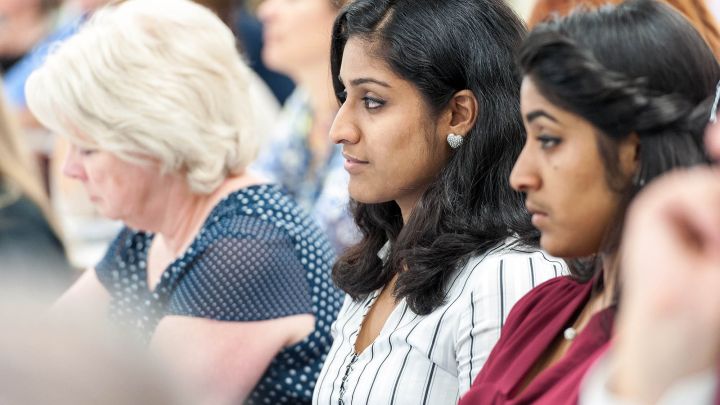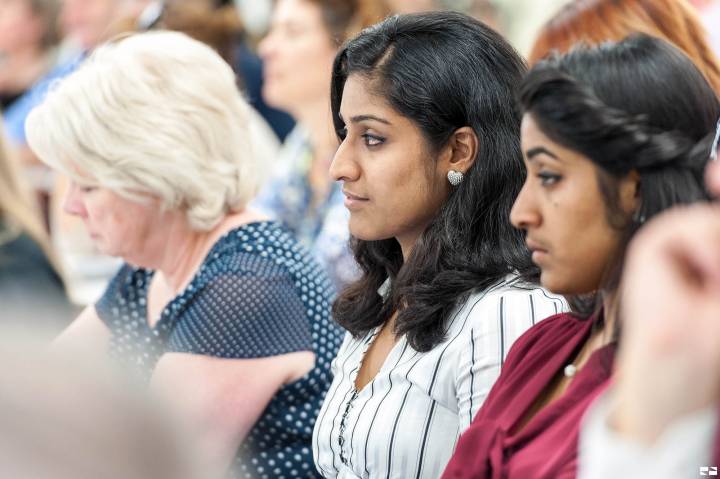System: the shaping of modern knowledge

This event has taken place
View all upcoming events at Kingston University.
Time: 6.00pm - 8.00pm
Venue: Room LG04, 26 Bedford Way, University College London
Price:
free
Speaker(s): Professor Clifford Siskin

You are warmly invited to Prof Clifford Siskin's public lecture, which is based on his recent book System: The Shaping of Modern Knowledge, followed by a response by Prof Felicity Colman.
A system can describe what we see (the solar system), operate a computer (Windows 10), or be made on a page (the fourteen engineered lines of a sonnet). In this book, Clifford Siskin shows that system is best understood as a genre—a form that works physically in the world to mediate our efforts to understand it. Indeed, many Enlightenment authors published works they called "system" to compete with the essay and the treatise. Drawing on the history of system from Galileo's "message from the stars" and Newton's "system of the world" to today's "computational universe," Siskin illuminates the role that the genre of system has played in the shaping and reshaping of modern knowledge.
Previous engagements with systems have involved making them, using them, or imagining better ones. Siskin offers an innovative perspective by investigating system itself. He considers the past and present, moving from the "system of the world" to "a world full of systems." He traces the turn to system in the seventeenth and eighteenth centuries, and describes this primary form of Enlightenment as a mediator of political, cultural, and social modernity—pointing to the moment when people began to "blame the system" for working both too well ("you can't beat the system") and not well enough (it always seems to "break down"). Throughout, his touchstones are: what system is and how it has changed; how it has mediated knowledge; and how it has worked in the world.
Clifford Siskin is the Henry W. and Alfred A. Berg Professor of English and American Literature at New York University and the Director of The Re:Enlightenment Project and the North American Concept Lab. His subject is the interrelations of literary, social, and technological change. Links between past and present inform all of his work, from his sequencing of the genres of subjectivity (he Historicity of Romantic Discourse, Oxford) to his recovery of literature's role in the formation of the modern disciplines (The Work of Writing: Literature and Social Change in Britain 1700-1830, Hopkins). He is also co-editor, with William Warner, of This Is Enlightenment, a volume that offers an answer to the question Kant made famous: What is Enlightenment? (Chicago, 2010). His latest monograph tracks the genre of system from Newton's "System of the World" to the computational universe: SYSTEM: The Shaping of Modern Knowledge (MIT, 2016/2017). Professor Siskin is also co-editor, with Anne Mellor, of the Palgrave-Macmillan monograph series in "Enlightenment, Romanticism and the Cultures of Print." He has been the George Delacorte Professor of the Humanities at Columbia University, the A. C. Bradley Chair at the University of Glasgow, the Waynflete Lecturer at Magdalen College, Oxford, a Visiting Scholar at Stanford University, and Chair of English at SUNY Stony Brook.
Felicity Colman is a creative media arts theorist. She is Professor of Film and Media Arts at Kingston School of Art. She is also the Director of Research, Programmes and Development for the University. Felicity spent the first 15 years of her working life in the creative industries, working in fashion and textile design, and then in the art industry as a contemporary art curator. Trained as an art historian, Prof Colman is a specialist in screen media forms, creative philosophies, communication theory and feminist epistemologies. Prof. Colman is Vice-Chair of the COST [European Cooperation in Science and Technology] Network Grant Action IS1307 on New Materialism: Networking European Scholarship on 'How Matter Comes to Matter' [2014-2018] ; and Lead Investigator on the H2020 funded Ethics of Coding: A Report on the Algorithmic Condition.
The event is sponsored by the London Graduate School, Kingston University, in cooperation with the Department of Science and Technology Studies, the University College London and the Centre for Research in the Arts, Social Sciences and Humanities (CRASSH), the University of Cambridge. It is organised in relation to the conference The Afterlives of Cybernetics: Tracing the Information Revolution from the 1960s to Big Data, hosted by the Centre for Research in the Arts, Social Sciences and Humanities (CRASSH), the University of Cambridge, 17-18 November 2017.
Booking is essential to attend this event.
For further information about this event:
Contact: Egle Rindzeviciute
Email: e.rindzeviciute@kingston.ac.uk
Directions
Directions to Room LG04, 26 Bedford Way, University College London:
